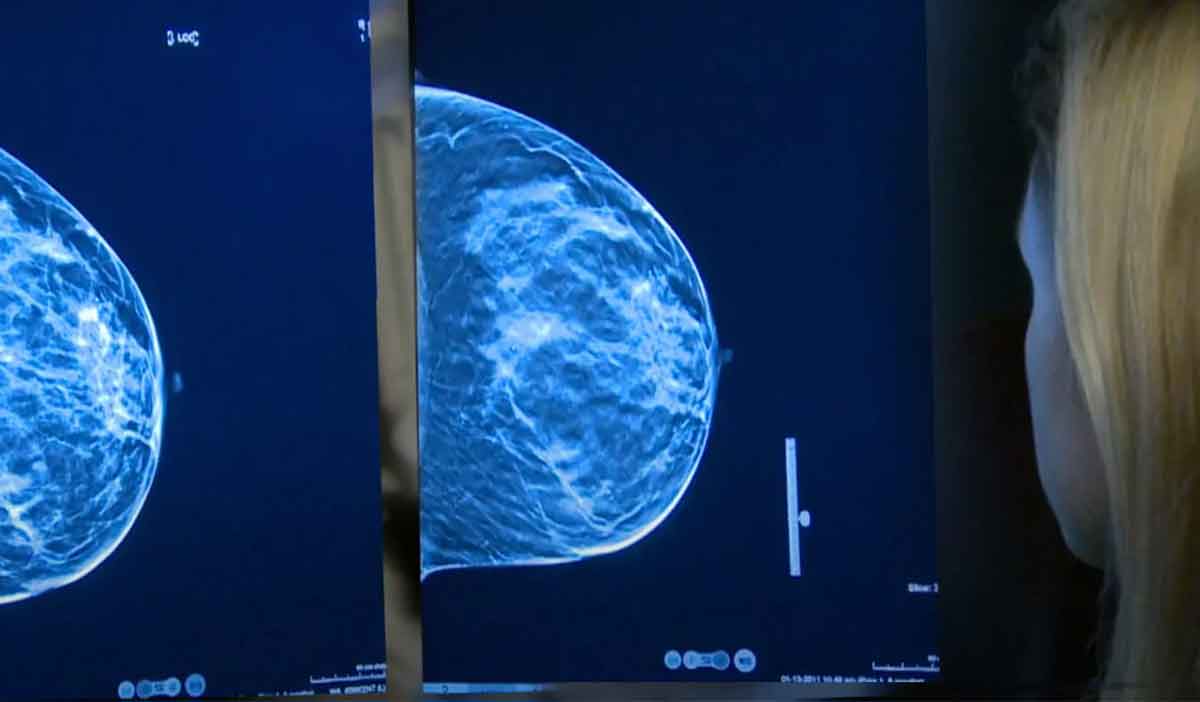Menopause. It’s a word that many women dread because of the horror stories of hot flashes and mood swings. Throughout menopause hormone levels fluctuate often and that’s what causes the symptoms so many women recognize: hot flashes, mood swings, trouble sleeping, bone loss and more. As estrogen levels drop, the risk of heart disease, high blood pressure and weight gain rise. Menopause clearly has very real health concerns alongside the uncomfortable symptoms.
Rather than dread this cycle of life, many women are choosing to be proactive and look for ways to manage menopause – to help their bodies adjust through these changes and come out
Every woman experiences menopause differently. For some, it is a mild transition with few side effects. Others will have years of hot flashes and night sweats. Still others will occasionally experience strong bursts of symptoms while having relatively mild issues most of the time. No matter which category you fit into, the following tips can help you alleviate common menopause symptoms and counteract some of the health issues that often pop up during this time of change.
Six Tips to Manage Menopause
Exercise
If regular exercise isn’t part of your life, it’s time to add it to your health habits. Exercise helps stave off weight gain (a common issue during menopause). It improves muscle mass, something many women start to lose after menopause. Exercise also lowers stress and improves your cardiovascular function. Whether you’re in the midst of menopause or know it’s coming soon, exercise is a great thing to add to your routine. Most doctors recommend 15-20 minutes of aerobic activity per day, at least five days per week.
Aerobic activities include walking, jogging, swimming, dancing or riding a bike. Strength training is important to help counteract osteoporosis risks. Good weight training options are resistance tubes or bands, free weights or weight machines. Yoga is another strength activity that has the added bonus of offering relaxation techniques and poses that many women find offer relief from common menopause symptoms. No matter what activity you choose to do, talk to your doctor before starting any exercise programLimit intake of caffeine and alcohol
Exhaustion, mood swings, or hot flashes may make you want to pour a second cup of coffee in the morning or reach for a second drink at night. However, those things can actually make menopause side effects worse. Limit your intake of caffeine and alcohol and you might find yourself feeling much better
Quit smoking
Quitting smoking is certainly a step towards better overall health but it has even more impact for women in menopause. Smoking increases the already larger cardiovascular risks of being postmenopausal. Studies show that smokers also tend to experience more hot flashes.
Use relaxation techniques
Stress tends to exacerbate the symptoms of menopause so anything you can do to relieve stress and relax is going to be helpful. Many women find that actively engaging in relaxation techniques while experiencing symptoms can provide relief as well. Deep breathing exercises, meditation and yoga are all excellent ideas to add to your weekly (or even daily) routines.
Stay cool

Hot flashes are probably the most common side effect of menopause and they can strike anytime, anywhere. If you’re experiencing hot flashes on a regular basis, look for ways to help head them off. Dress in layers. Wear natural fabrics such as cotton. Sit by a window or fan when possible and pack a handheld fan in your purse for times when you can’t cool off.
Watch your nutrition
Just as limiting your intake of caffeine and alcohol can help manage menopause, the types of food you choose to eat can reduce symptoms as well. Now is the time to increase your calcium or vitamin D with foods like low fat yogurt, salmon, and broccoli. Increase your fiber to help stave off weight gain – fruits, veggies and whole grains are excellent options. In short, following a diet that has been shown to improve bone and heart health is a good way to also help alleviate menopause symptoms and some of the health concerns that could pop up.
What about hormone therapy or other medications?
Hormone replacement therapy and other medical treatments are something to discuss with your doctor. In fact, if you find yourself experiencing common side effects of menopause it’s a good time to make an appointment. Talk to your doctor about what you’re experiencing. Ask your doctor about the tips we’ve outlined above to make sure they are right for you. Each woman experiences menopause differently and needs to find her own balance to get through it as comfortably as possible and in good health.
Comprehensive care for women’s health
Looking for a doctor that understands menopause and other health issues that affect women? Check out the Women’s Health Center at Logansport Memorial Hospital. The physicians of the Women’s Health Center offer services ranging from routine visits to minimally-invasive surgical procedures. Our personalized approach to care focuses on preventive women’s health education and management.





